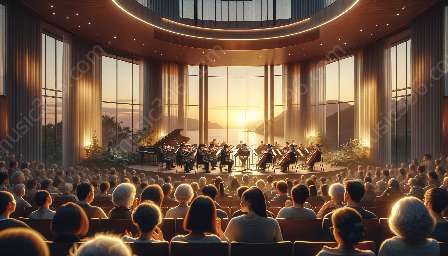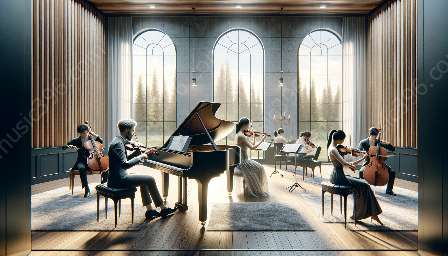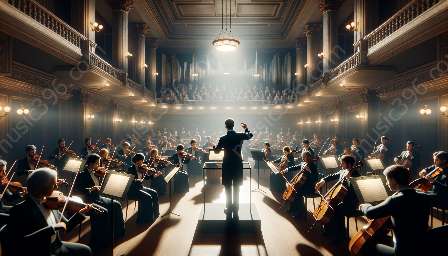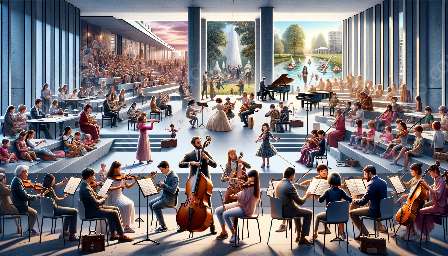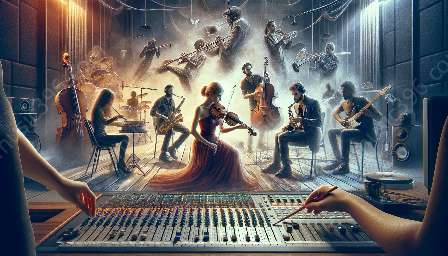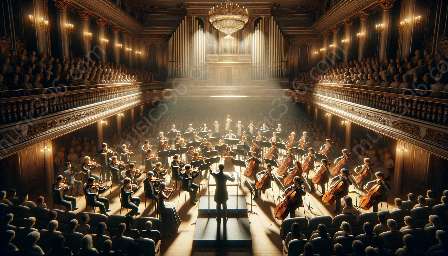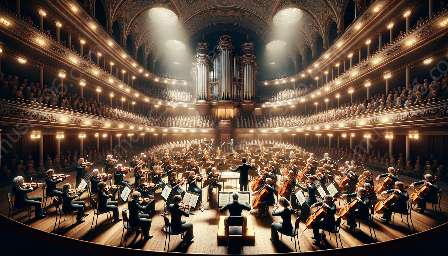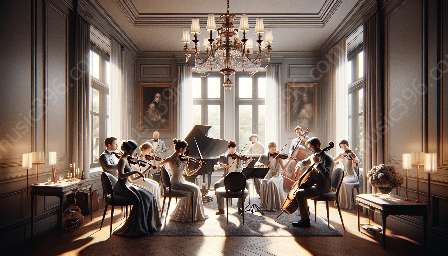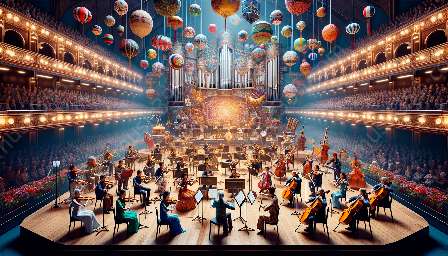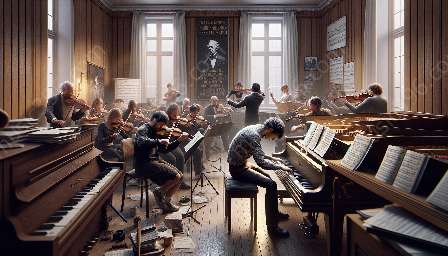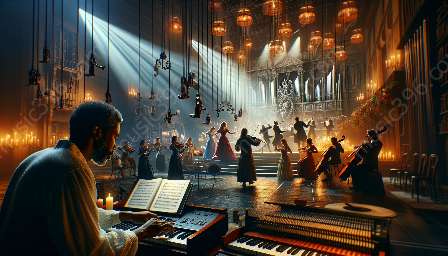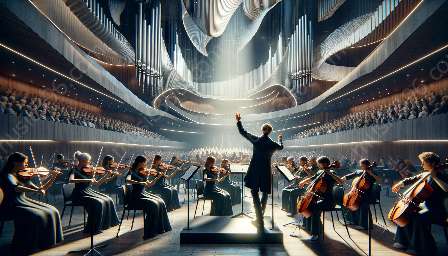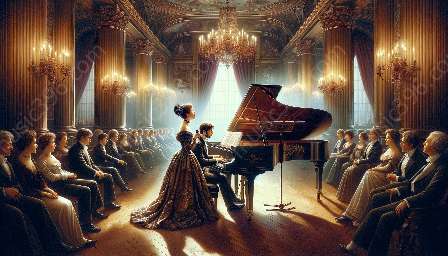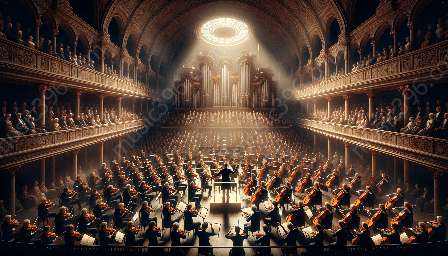Classical music performance is characterized by its masterful use of rhetoric to communicate emotion, intention, and narrative. Understanding the skill and techniques involved in classical music, musicians can utilize rhetorical strategies to captivate their audience and convey a profound musical experience.
Rhetoric in Classical Music
When examining the use of rhetoric in classical music performance, it becomes evident that musicians employ various rhetorical devices to engage listeners. These devices include gestures, facial expressions, phrasing, dynamics, and articulation, all of which contribute to the persuasive elements of a musical performance.
Emotional Expression
One of the key aspects of rhetoric in classical music performance is the ability to convey deep emotional expression. Musicians use techniques such as rubato, vibrato, and specific phrasing to effectively convey powerful emotions. By understanding the emotional impact of their performance, classical musicians can connect with their audiences on a profound level.
Intention and Narrative
Rhetoric in classical music performance also encompasses the communication of intention and the creation of a compelling narrative. Through careful attention to dynamics, pacing, and tonal color, musicians can craft a narrative arc that resonates with their listeners, effectively conveying the intended message of the composition.
Classical Music Skills and Techniques
Classical musicians undergo rigorous training to develop a wide range of technical skills and techniques. From mastering their instrument to understanding musical theory and historical context, these skills are essential for delivering impactful performances.
Instrumental Mastery
A central component of classical music performance is the mastery of one's instrument. Whether it be a violin, piano, or any other classical instrument, the highest level of skill is required to execute complex musical passages with precision and artistry.
Interpretive Abilities
Interpretive abilities play a crucial role in classical music performance. Musicians must possess a deep understanding of the composer's intentions and the historical context of the piece they are performing. This knowledge empowers them to make informed interpretive decisions that align with the rhetorical elements present in the music.
Technical Proficiency
Technical proficiency encompasses a range of skills such as sight-reading, ear training, and understanding complex rhythms and harmonies. Through consistent practice and dedication, classical musicians are capable of executing demanding passages with precision and clarity, further enhancing their rhetorical expression.
Rhetorical Impact on Classical Music
The fusion of rhetoric and classical music skills yields a profound impact on performances. By integrating rhetorical strategies into their interpretation, musicians can imbue their performances with compelling emotional depth, intention, and narrative coherence.
Engaging the Audience
Mastering rhetorical techniques in classical music empowers musicians to captivate their audience, fostering an immersive and transformative experience. Through the use of rhetoric, performers can forge a powerful connection with their listeners, drawing them into the emotional and narrative world of the music.
Transcending Communication Barriers
Rhetoric in classical music serves as a universal language, transcending linguistic and cultural barriers. It enables performers to communicate profound emotions and narratives that resonate with diverse audiences, evoking a shared experience that transcends individual differences.
Artistic Expression and Interpretation
Classical musicians harness rhetoric to realize their artistic vision and interpretive insights, offering unique and compelling renditions of classical works. Through rhetorical expression, musicians infuse their performances with personal creativity and interpretation, adding layers of depth and meaning to the music.






